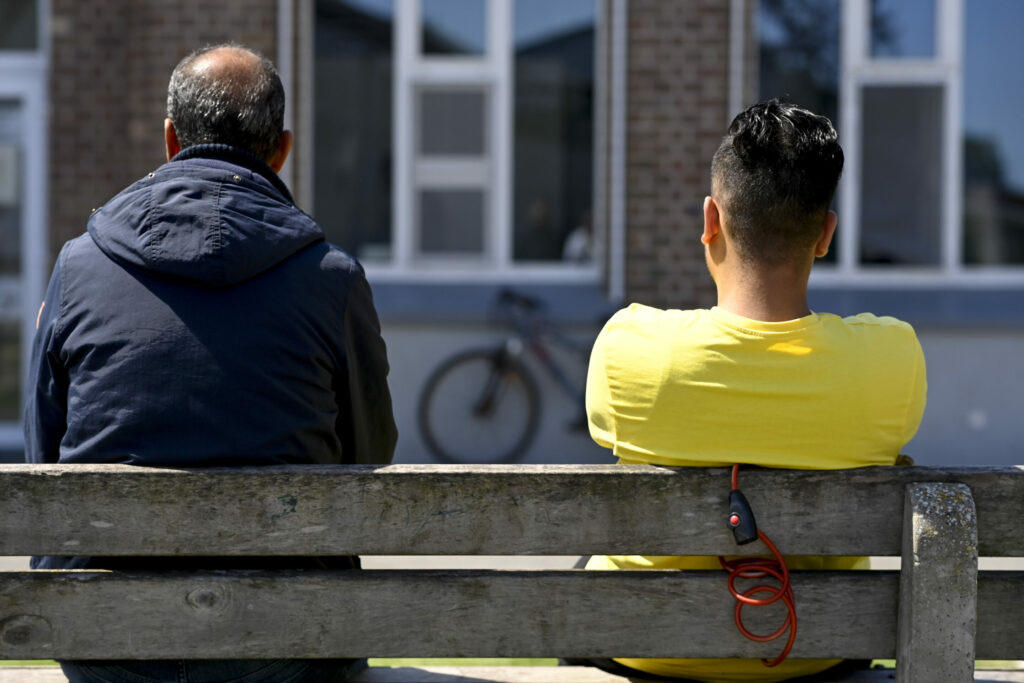Belgium's Minister for Asylum and Migration Anneleen Van Bossuyt (N-VA) is discontinuing the so-called resettlement programme, which is the only legal and controlled way to bring refugees to Belgium, De Standaard reports.
The programme sees Belgium select asylum seekers before bringing them to the country. Since the voluntary programme – a collaboration between Europe and the United Nations – was started in 2013, Belgium has taken in 5,275 refugees. This is the only legal migration channel, and has been praised as a method to step away from irregular migration and curb human trafficking.
The costs for this are paid by Europe through the European Asylum, Migration and Integration Fund (AMIF). Candidates are screened on the spot (in the country where they find themselves) first by the UN refugee agency UNHCR, then by the country where the refugee will end up. Given that the asylum procedure is already being completed on the spot, the application in Belgium is a formality.
"The average processing time is a few weeks. For someone going through the 'normal' asylum procedure, the average duration last year was 318 calendar days," Olivier Brasseur, spokesperson for the Office of the Commissioner General for Refugees and Stateless Persons (CGRS), told De Standaard.
Drop in the ocean
This means refugees who come to Belgium via resettlement do not stay in reception centres for long. Such stays, according to the government, weigh heavily on the country's budget. Currently, only 257 resettled people are in Fedasil's reception network, less than 1% of the 34,000 places.
While in reception centres, they receive intensive counselling for a "smooth integration", including a civic integration course and Dutch lessons. Children generally go straight to school, paid for with European money.
Despite this programme having little impact on the Belgian reception network, Van Bossuyt has argued cutting it is necessary because Belgium is dealing with "sky-high 'illegal' migration". "Only when this has been eliminated can resettlement become an option again," she told VRT NWS.
She added that Belgium cannot deal with this "crisis" and facilitate resettlement at the same time. One aspect of this situation is the shortage of reception places. People requesting asylum in the country are legally entitled to a roof over their head, however, since October 2021, Belgium has been failing to fulfil this responsibility. The State has been convicted for this ongoing crisis over 10,000 times. NGOs have argued this is due to lacking political will.
Related News
- Austria will be first EU country to suspend family reunification
- 'Sign of what's to come for society': What Belgium's asylum policy means for newcomers
Critics have questioned whether stopping the only legal way to come to Belgium is a good solution to curbing illegal migration. Experts, civil society workers and people with refugee status have all argued that such "deterrence" tactics are not successful in stopping people from fleeing, but instead feed into worsening conditions.
The suspension of the programme is just one of many measures that Van Bossuyt is taking. Belgium is also tightening up the criteria for family reunification, abolishing social benefits in the first five years and will no longer provide shelter to people who have already applied for or received protection elsewhere.

